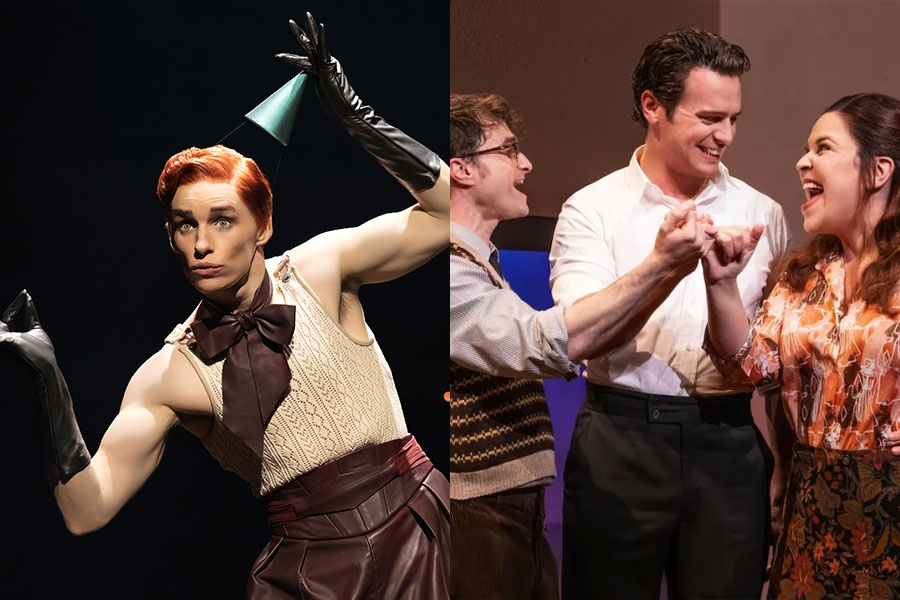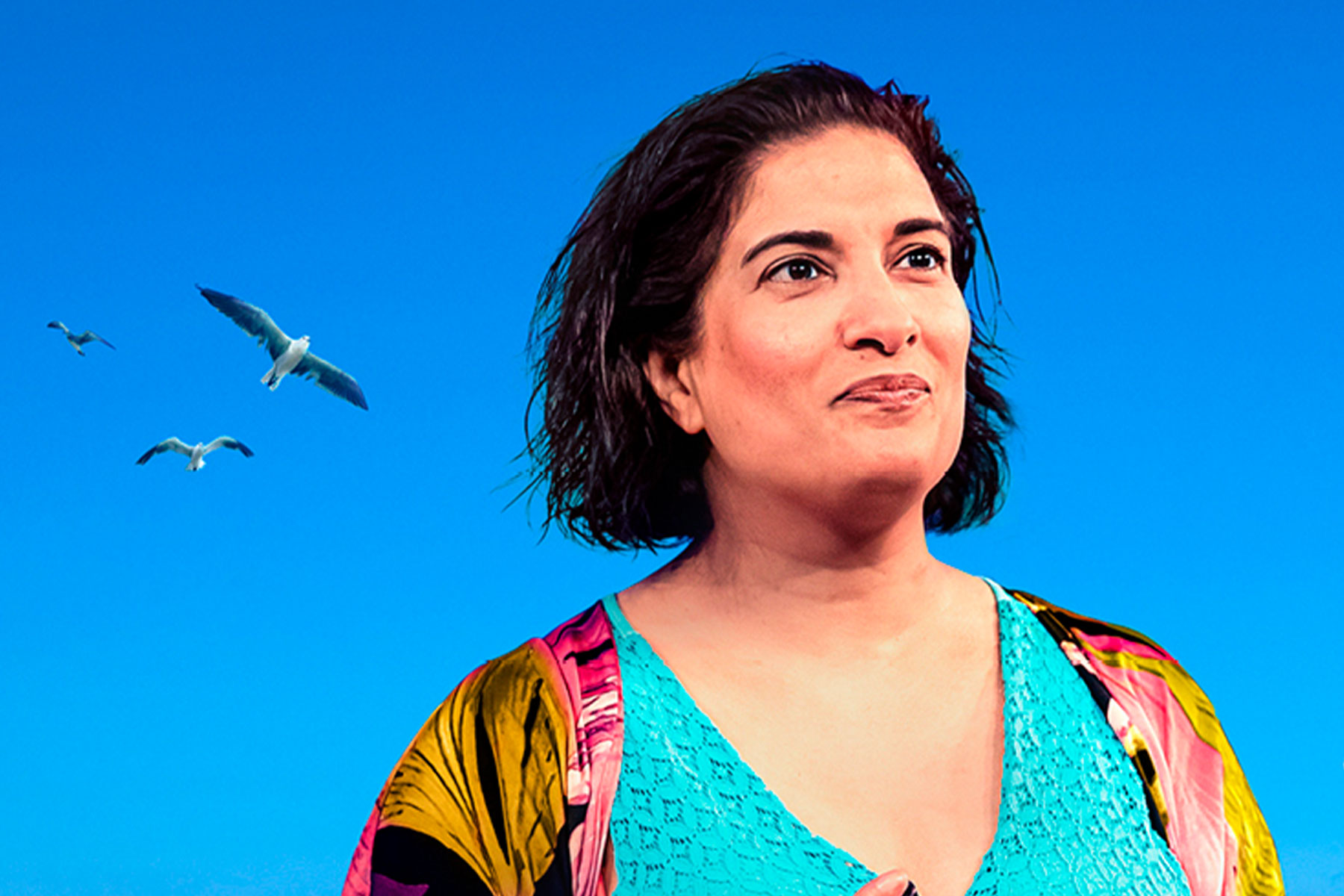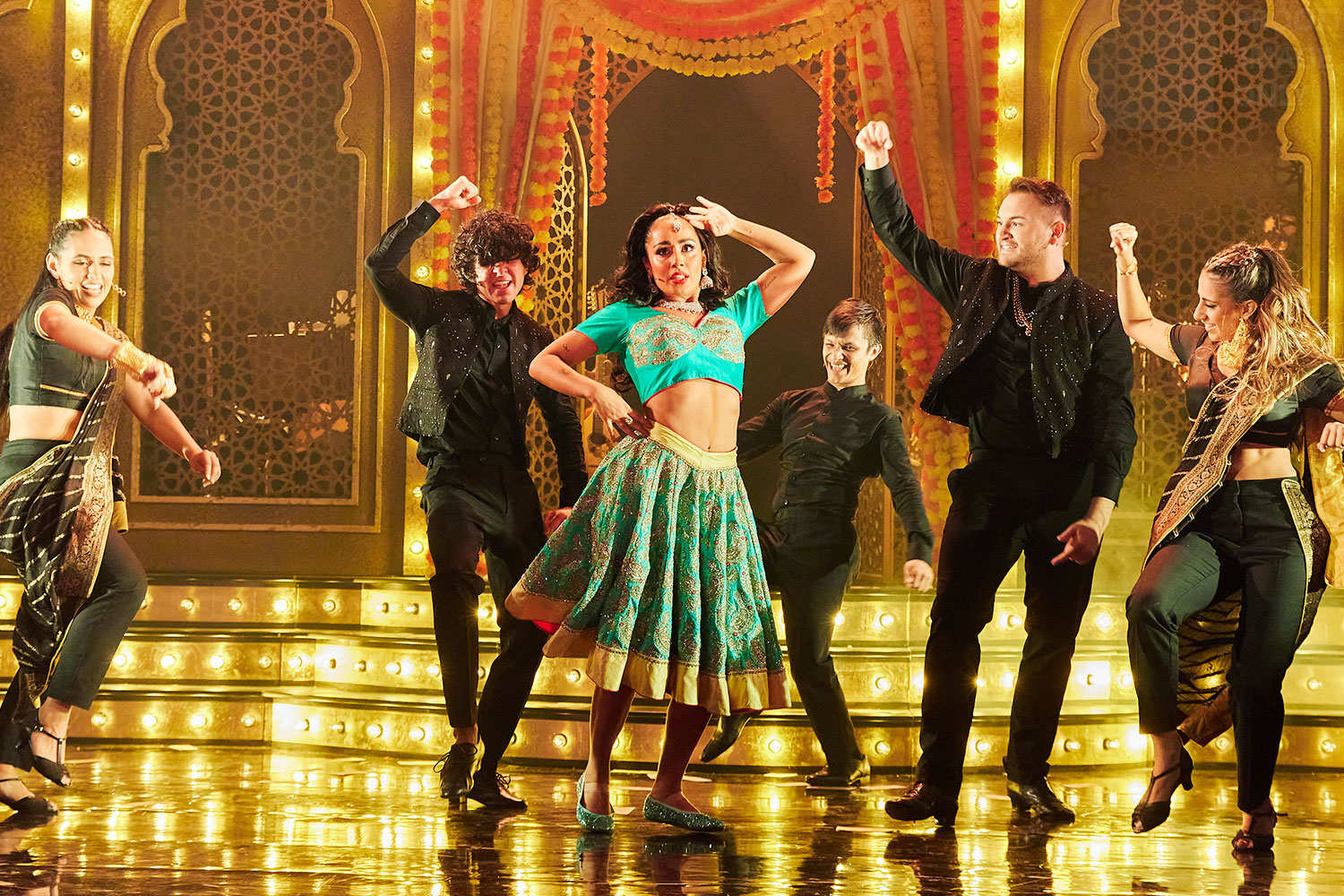Bronte (tour)
For 30 years, Shared Experience has explored storytelling onstage, finding new ways to share their characters’ interior and exterior worlds. In Bronte, the three sisters who wrote some of the most enduring tales in the English language invite us into their lives and the worlds of their imagination.
Writer and director Polly Teale’s trademark device has the performers who play the sisters start the show in modern dress, retaining a sense of self as they transform into the trio, exchanging biographical insights as they help each other into stays and petticoats. The world they conjure is as dark and unforgiving as the moors outside their windows. It’s an inhospitable place for women expected to nurture their menfolk rather than creative genius, and life is brief as Parson Brontë buries other people’s children – and his own.
Fenella Woolgar’s searingly honest Charlotte, Diane Beck’s passionate, angry Emily and Catherine Cusack’s luminous, idealistic Anne vividly conjure the endless drudgery of women’s lives on Angela Davies’ cavernous grey kitchen set. Paula Rego’s prints line the walls, echoing the turmoil within, watching over Emily kneading dough as if it could absorb her frustration.
This is no hermetically sealed world though. Such issues of the day as industrialisation pepper the conversation and like Chekhov’s sisters, the three long to see the capital. At first, only brother Branwell gets to London, as he starts a rake’s progress of drink and dissolute behaviour. Ultimately, it’s Jane who will be lionised there, reversing childhood roles in the siblings’ games, when Branwell insisted on the hero’s role.
The sisters by contrast transmute every experience – the humiliation of the governess’ role, the lure of the moors, errant male behaviour – into the richness of their writing. Teale draws compelling parallels between Bertha, the madwoman in the attic in Jane Eyre, Eyre herself, and Charlotte the writer. Natalia Tena, a young talent to watch, vividly personifies Bertha and Cathy, creatures of the psyche, clad in dazzling white or flame red in contrast to the drab monochromes of the sisters’ reality.
Teale tells Branwell’s story too. His relationship with his sisters certainly alters the dynamic in the intense sibling relationships; there are even violent sexual undertones in his angry exchanges with Charlotte. But ultimately the female ménage à trois takes centre stage, an interdependence of shifting allegiances, love and exasperation that resembles a marriage. No wonder Charlotte married only after her sisters’ deaths. David Fielder and Matthew Thomas convince as the men in the sisters’ lives, on and off the page.
This is richly layered storytelling from an ever-developing company.
– Judi Herman (reviewed at Guildford’s Yvonne Arnaud Theatre)










